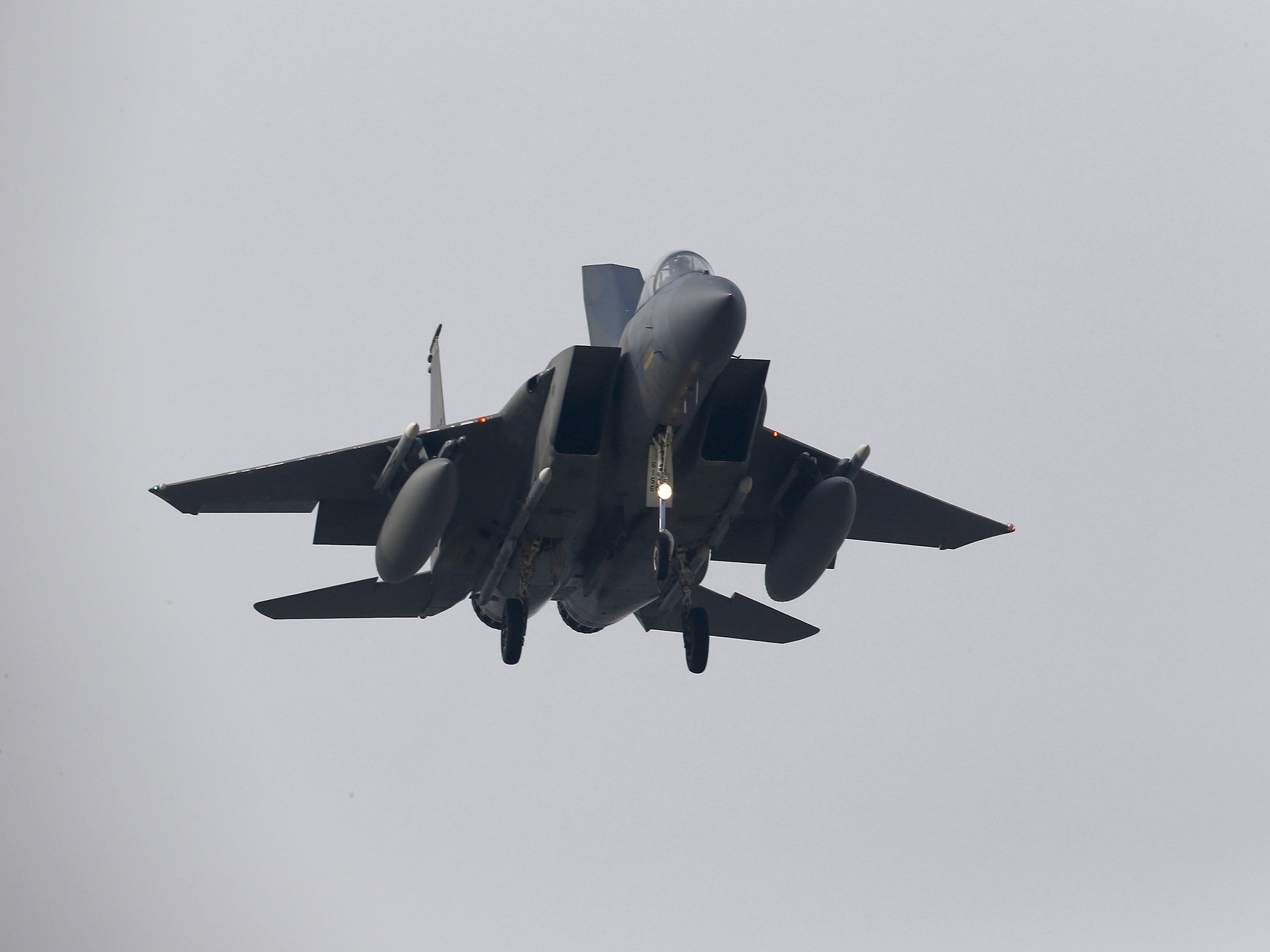US to spend billions on 'ineffective' nuclear weapons in Europe that pose 'terrorism threat'
'It should be assumed that they are targets for terrorism and theft,' arms experts warn

The US is preparing to spend billions of dollars upgrading its nuclear weapons programme in Europe, despite the arsenal posing a significant security risk as “targets for terrorism and theft”, critics have warned.
Approximately 150 US nuclear weapons are reportedly held on the continent, according to arms experts.
A third of the B61-12 bombs under joint US and Nato control are thought to be stored at Incirlik base in Turkey, and governments of some member states have expressed concern over the implications of storing the weapons so close to Syria.
“Assumptions about the safety and security of US nuclear weapons stored in Europe have been called into question by recent terrorist attacks and political instability. It should be assumed that they are targets for terrorism and theft,” a report by the Nuclear Threat Initiative (NTI) found.
In March 2016, the Pentagon evacuated military families from Incirlik due to “Isis-related security concerns”. In July, the commanding officer of the base was arrested for his alleged role in an attempted coup to topple the Turkish government, according to the NTI.
“This event shows just how quickly assumptions about the safety and security of US nuclear weapons stored abroad can change,” the report stated.
The NTI also warned the weapons may not serve as a more effective deterrent than those already held by European member states, raising questions about the need for further investment in the scheme.
“The argument that forward-deployed US nuclear weapons in Europe serve a military function not already addressed by alliance conventional forces or the strategic nuclear forces of the three nuclear NATO members – particularly, the large and flexible capabilities of the US – has been consistently refuted by current and former defence officials,” the NTI said in its report, titled Building a Safe, Secure and Credible Nato Nuclear Posture.
The report also argued the B61 bombs serve simply as reassurance to Nato members of the US commitment to defending Europe, with the US strategic missile arsenal acting as a real nuclear deterrent to potential adversaries, including Russia.
“It is hard to envision the circumstances under which a US president would initiate nuclear use for the first time in more than 70 years with a Nato [dual-capable aircraft] flown by non-US pilots delivering a US B61 bomb,” the report stated.
It comes after the Trump administration warned Russia that it would face “unacceptably dire costs” if it were to threaten even a limited nuclear attack in Europe.
Former President Barack Obama had planned to withdraw the weapons from Europe under the administration’s nuclear disarmament initiative.
But the plan lost traction following the Russia-Ukraine conflict and instead, Nato and the Pentagon rolled out plans to upgrade the weapons scheme.
The initial B61-12 cost estimate provided in 2010 was approximately $4bn (£2.8bn), according to the National Nuclear Security Administration.
By May 2012, the estimate had increased by 50 per cent to $6bn and by July 2012, the Pentagon’s Cost Assessment and Program Evaluation Office informed Congress that the cost would be about $10bn.
Join our commenting forum
Join thought-provoking conversations, follow other Independent readers and see their replies
Comments
Bookmark popover
Removed from bookmarks